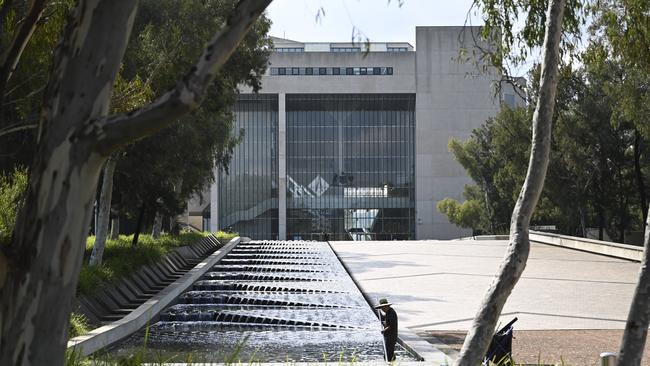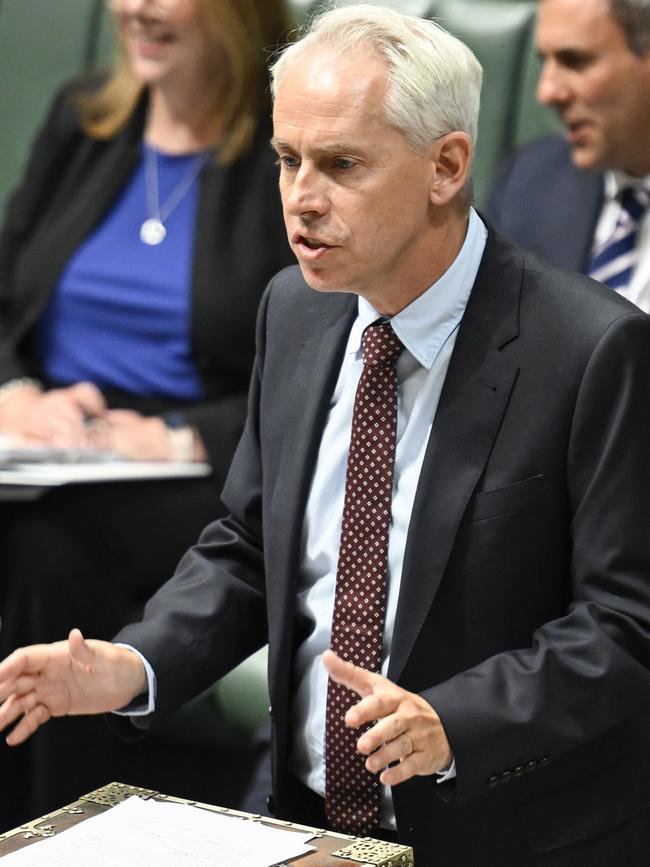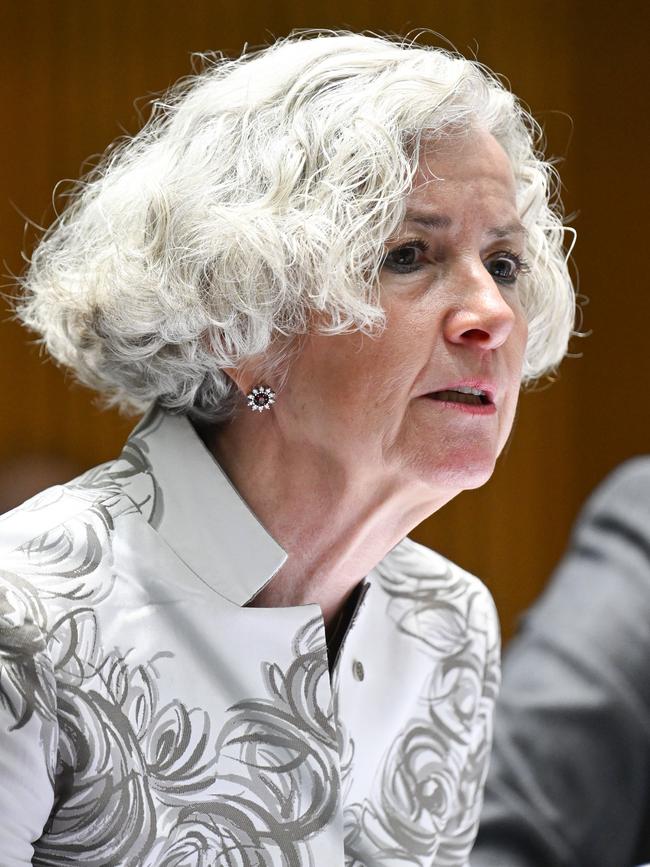Foreign criminals use flawed Direction 110 to walk free, ahead of another High Court decision
A drug trafficker and a man who exposed himself to a 10-year-old boy have become the latest foreign criminals to have their deportations halted despite Labor’s revamped ministerial direction.

A drug trafficker and a man who exposed himself to a 10-year-old boy have become the latest foreign criminals to have their deportations halted, despite Labor’s revamped ministerial direction.
In another blow to former immigration minister Andrew Giles’s Direction 110, the Administrative Review Tribunal has ruled that both men should be allowed to remain in Australia despite their significant criminal histories.
The Myanmar-born man was convicted of committing an “act of indecency” in the toilet of an Anglican church hall in front of the 10-year-old in 2016, and spent eight years in immigration detention after his visa was cancelled because of the offence.
The ART decided last month the 52-year-old, known as PFQG, should have his protection visa reinstated despite the fact sex crimes against children are considered “very serious offences” under Direction 110 and the fact that his likelihood of reoffending was “difficult to estimate”.
The tribunal also ruled that Malaysian-born Benjamin Beng Jin Lim, who was “heavily involved in the drug supply network”, should have his visa cancellation reversed last month because of his ties to Australia.
The cases emerged as the Albanese government braces for another High Court decision on Wednesday that could see more foreign criminals set free by expanding the group affected by the NZYQ finding that indefinite detention is unlawful.

The legal challenge, lodged by two foreign drug offenders, has sought to extend the November 2023 ruling to include foreigners being held in immigration detention while their visa applications are being processed.
An Immigration and Home Affairs spokesman declined to comment on the potential fallout from Wednesday’s High Court judgment, but defended the government’s track record of cancelling the visas of foreign criminals since the introduction of Direction 110.
“The only reason these cases are before the ART is that the department has assessed them against the direction and cancelled their visa,” a spokesman said.
“Sometimes the ART takes a different view. That means the next step for them is the desk of a minister.”
In the final hours of a parliamentary term which has been frequently dominated by constitutional uncertainty, Department of Home Affairs secretary Stephanie Foster was forced to defend Direction 110.

During a Senate estimates hearing on Thursday, Ms Foster said the “rate of success or failure” for non-citizens halting their deportation under the direction was on par with the period before Direction 99.
Mr Giles was forced to scrap the ill-fated direction after The Australian revealed that serious criminals, including murderers and rapists, had used the guideline for courts and tribunals to avoid deportation based on the strength of their ties to Australia.
In response to questioning about the cases from opposition home affairs spokesman James Paterson, Ms Foster said there would always be “individual cases that appear at odds with the government’s intent” but the statistics showed the direction was in line with its predecessors.
The Polish and Vietnamese men at the centre of the latest High Court challenge, known as CZA19 and DBD24, were not immediately freed following the NZYQ ruling because their visa applications were still pending at the time.
Both men have since been released into the community, but their lawyers have argued that their detention for that period was “punitive” and unlawful when it was inevitable that they would be released once their visa application was determined under NZYQ.
The federal government has argued against the “unprincipled and radical extension” of the NZYQ ruling because detention is “constitutionally permissible” for the purpose of considering a visa application.
CZA19, who served almost a decade behind bars except for a period when he was “at large after escaping from prison”, was released into the community on May 13 about two months after he launched legal action. He has argued he cannot be returned to Poland because he would be a target for “organised crime figures”.
The Vietnamese man was convicted of “drugs offences at a commercial quality” in 2021 and served two years in prison after he was caught loading 14kg of cannabis into his car. He was later released into the community on a protection visa on October 1, court documents show.




To join the conversation, please log in. Don't have an account? Register
Join the conversation, you are commenting as Logout